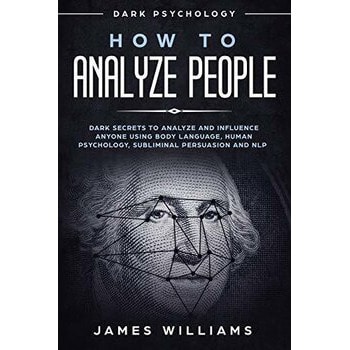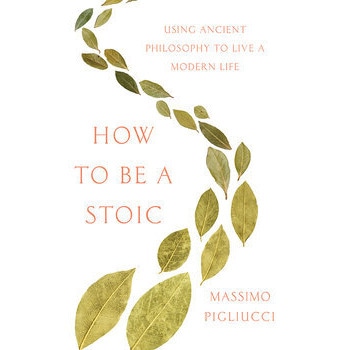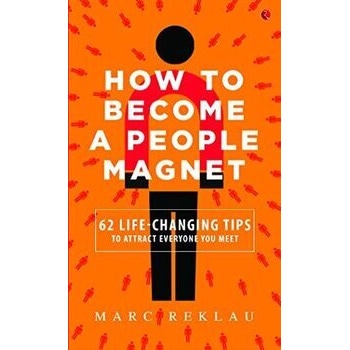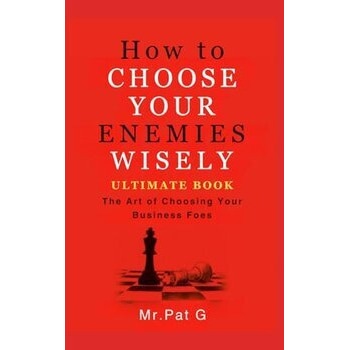How the Best Leaders Lead
How the Best Leaders Lead by Brian Tracy is a guidebook that explores the key qualities and behaviors of effective leaders. Drawing from decades of experience, Tracy outlines the principles that top leaders use to inspire and motivate their teams. The book covers topics such as creating a vision, building trust, making tough decisions, and developing a leadership style that aligns with personal values. Tracy emphasizes the importance of continuous learning, strategic thinking, and maintaining a strong sense of purpose. The book provides actionable advice for anyone looking to enhance their leadership skills and create lasting impact in their organizations.
How the Brain Lost Its Mind
How the Brain Lost Its Mind by Allan H. Ropper and Brian David Burrell explores the intersection of neurology and psychiatry, tracing the historical struggle to distinguish mental illness from neurological disorders. Through fascinating case studies, including the impact of syphilis on the brain, the book examines how misconceptions about mental health evolved and how modern medicine continues to navigate the complexities of the mind.
How the King of Elfhame Learned to Hate Stories
"How the King of Elfhame Learned to Hate Stories" by Holly Black is a captivating companion to her popular "Folk of the Air" series. This beautifully illustrated novella delves into the backstory of Cardan, the enigmatic and often misunderstood king of Elfhame. Through a series of enchanting and poignant tales, readers explore Cardan's childhood, his complex relationships, and the events that shaped his character and outlook on stories and storytelling. The narrative intertwines themes of power, vulnerability, and the impact of narrative on identity, revealing how Cardan’s experiences inform his actions in the main series. With Black's signature lyrical prose and intricate world-building, this novella offers a rich and emotional glimpse into one of fantasy's most intriguing characters.
How The Mighty Fall
"How the Mighty Fall: And Why Some Companies Never Give In" by Jim Collins explores the decline of once-successful companies and identifies key patterns that lead to their downfall. Collins outlines a framework of five stages of decline, from hubris born of success to irrelevance and ultimately, failure. Through extensive research, he illustrates how even the most powerful organizations can succumb to complacency, lack of discipline, and failure to adapt. The book serves as a cautionary tale and offers insights for leaders on how to recognize warning signs and cultivate resilience to prevent decline, making it essential reading for anyone interested in business strategy and leadership.
How the World Thinks
How the World Thinks by Julian Baggini is a fascinating exploration of global philosophy, examining how different cultures and traditions shape the way people think, reason, and understand the world. Baggini compares Western, Eastern, African, and Indigenous philosophies, highlighting their unique perspectives on topics such as identity, morality, knowledge, and the nature of truth. He challenges the dominance of Western thought and encourages readers to appreciate diverse ways of thinking, showing how philosophical traditions influence societies, politics, and everyday life. The book offers a thoughtful, accessible journey into comparative philosophy, helping readers broaden their understanding of the world.
How to Analyze People
"How to Analyze People" by James W. Williams is a practical guide that teaches readers the skills of observation and psychological analysis to understand others better. The book delves into various aspects of human behavior, body language, and personality traits, providing insights into how to interpret cues that reveal people's thoughts, feelings, and intentions. Williams offers techniques for reading emotions and motivations, enhancing interpersonal communication and relationships. By combining psychological principles with real-life examples, the book empowers readers to become more perceptive and empathetic, ultimately improving their interactions in personal and professional settings. This resource is ideal for anyone interested in psychology, social dynamics, or enhancing their communication skills.
How to be a Conservative
"How to Be a Conservative" by Roger Scruton is a thoughtful exploration of conservative philosophy and its relevance in contemporary society. Scruton articulates the principles that underpin conservative thought, including the importance of tradition, personal responsibility, and the value of community. He critiques modern liberalism and examines the complexities of political identity, arguing for a return to the foundational ideas that have shaped Western civilization. The book engages with a range of topics, from culture and politics to morality and aesthetics, emphasizing the necessity of conserving what is valuable in society while adapting to change. Scruton's insightful analysis and eloquent writing make this work a compelling read for anyone interested in the nuances of political ideology and the conservative perspective.
How to Be a Stoic
How to Be a Stoic by Massimo Pigliucci is a practical guide to applying the ancient philosophy of Stoicism to modern life. Drawing on the teachings of Stoic philosophers like Epictetus, Seneca, and Marcus Aurelius, Pigliucci shows how Stoicism can help individuals cultivate resilience, emotional control, and virtue in the face of life’s challenges. The book explores core Stoic concepts such as focusing on what’s within our control, accepting what we cannot change, and living by nature. Through personal reflections and practical exercises, How to Be a Stoic offers readers valuable tools for leading a more meaningful, tranquil, and purposeful life.
How to Be the Love You Seek
How to Be the Love You Seek by Nicole LePera is a self-help book that encourages readers to cultivate self-love and heal from past emotional wounds to create healthier, more fulfilling relationships. Drawing on her background as a clinical psychologist, LePera combines personal growth principles, psychological insights, and practical tools to help individuals understand and break unhealthy patterns in their love lives. The book emphasizes the importance of self-awareness, emotional healing, and conscious behavior in attracting and sustaining meaningful connections with others. LePera advocates for deepening one's relationship with oneself as the foundation for creating lasting, authentic love with others.
How to Become a People Magnet
*How to Become a People Magnet: 10 Simple Steps to Captivate, Charm, and Influence* by Marc Reklau is a practical self-help guide designed to help readers improve their social skills and build meaningful relationships. The book offers 10 actionable steps to enhance one's ability to connect with others, become more charismatic, and create lasting positive impressions. Reklau focuses on key principles such as active listening, showing genuine interest in people, building trust, and developing confidence. By following these steps, readers can improve their personal and professional interactions, whether in social settings, at work, or in leadership roles. *How to Become a People Magnet* is an accessible, straightforward resource for anyone looking to increase their influence, make deeper connections, and become more magnetic in their social circles.
How to Become a Straight-A Student
How to Become a Straight-A Student by Cal Newport is a practical guide that reveals the study habits and strategies of top-performing students. Unlike traditional advice that promotes endless hours of studying, Newport focuses on efficient techniques for time management, note-taking, exam preparation, and writing high-quality papers with minimal stress. The book emphasizes working smarter, not harder, making it an essential read for students looking to achieve academic success while maintaining a balanced life.
How To Choose Your Enemies Wisely
How to Choose Your Enemies Wisely by Pat G is a thought-provoking guide that explores the power of carefully selecting the people or forces you challenge or oppose in life. The book argues that engaging with enemies — whether in business, personal life, or society — can be a strategic decision that shapes your success, growth, and well-being. Pat G offers insights on how to assess which conflicts are worth engaging in and how to handle adversaries effectively without draining your resources or energy. The book encourages readers to be strategic, calculating, and mindful in choosing when and who to confront, while also promoting the idea of using enemies as catalysts for personal growth and achieving one's goals.












